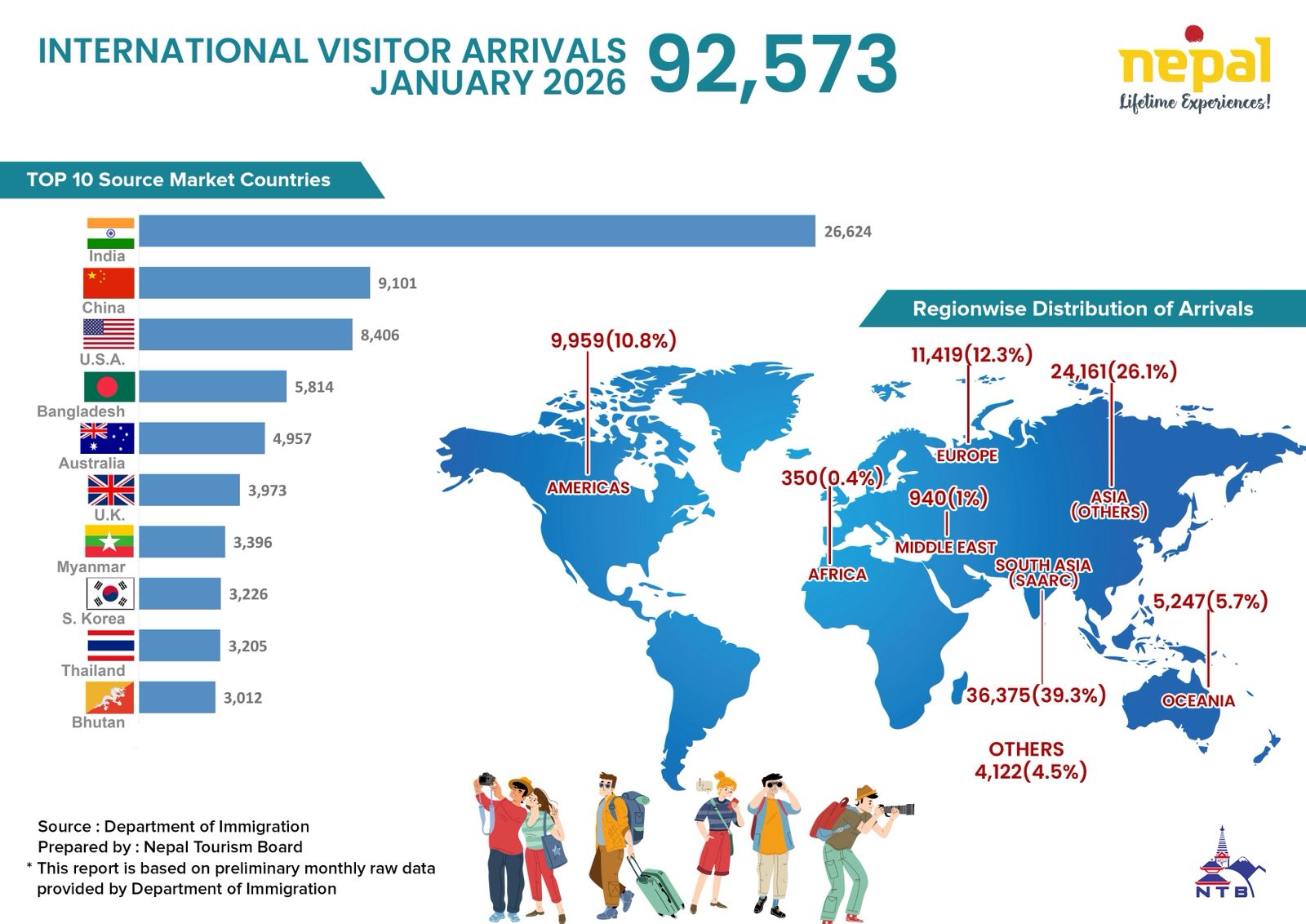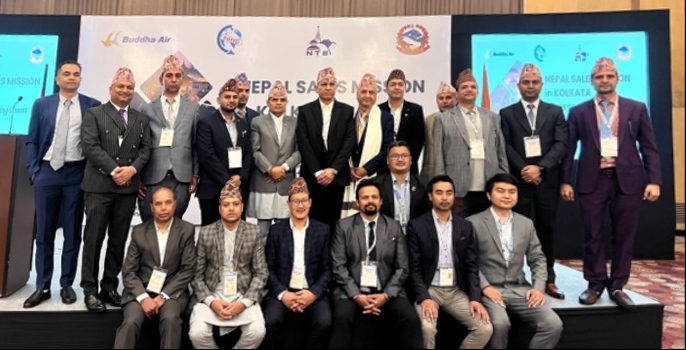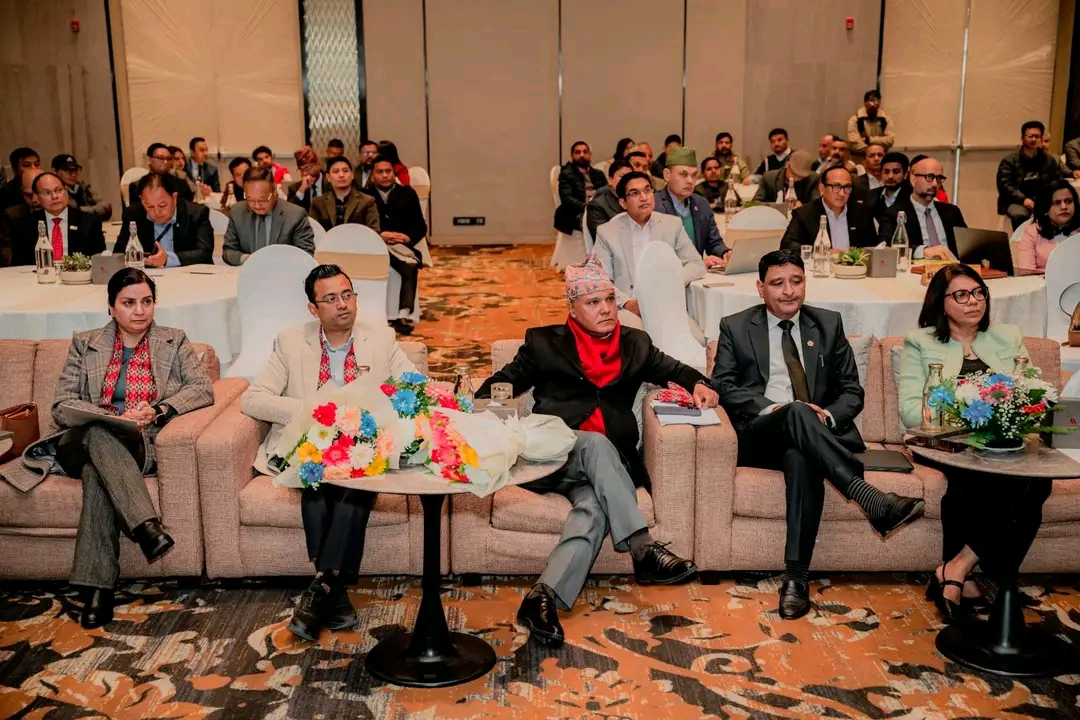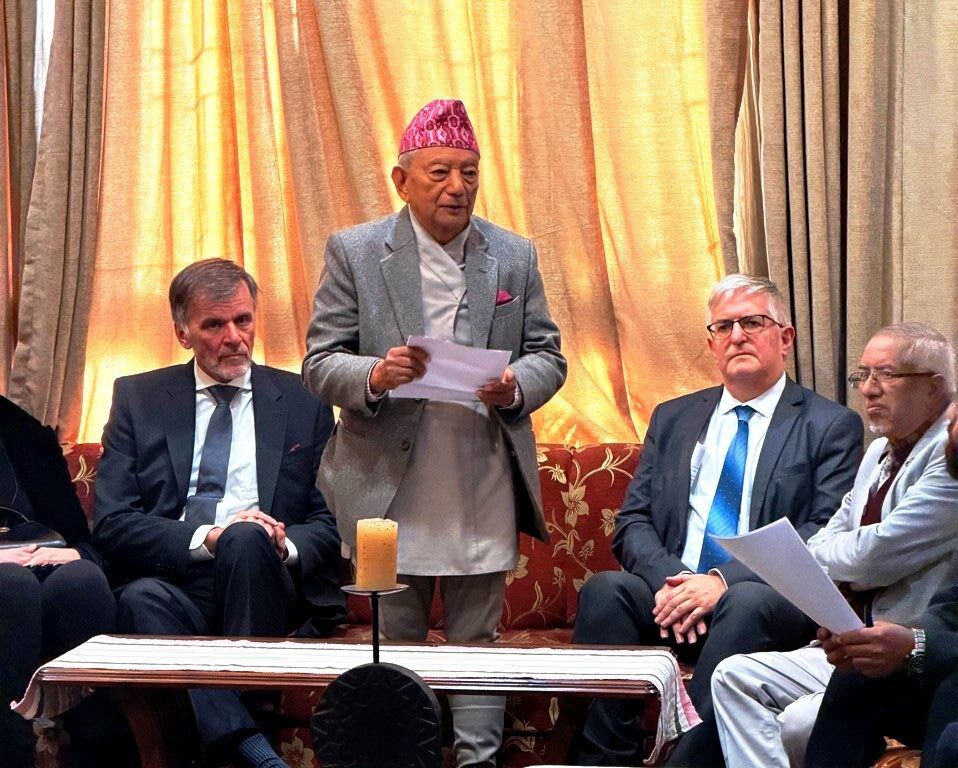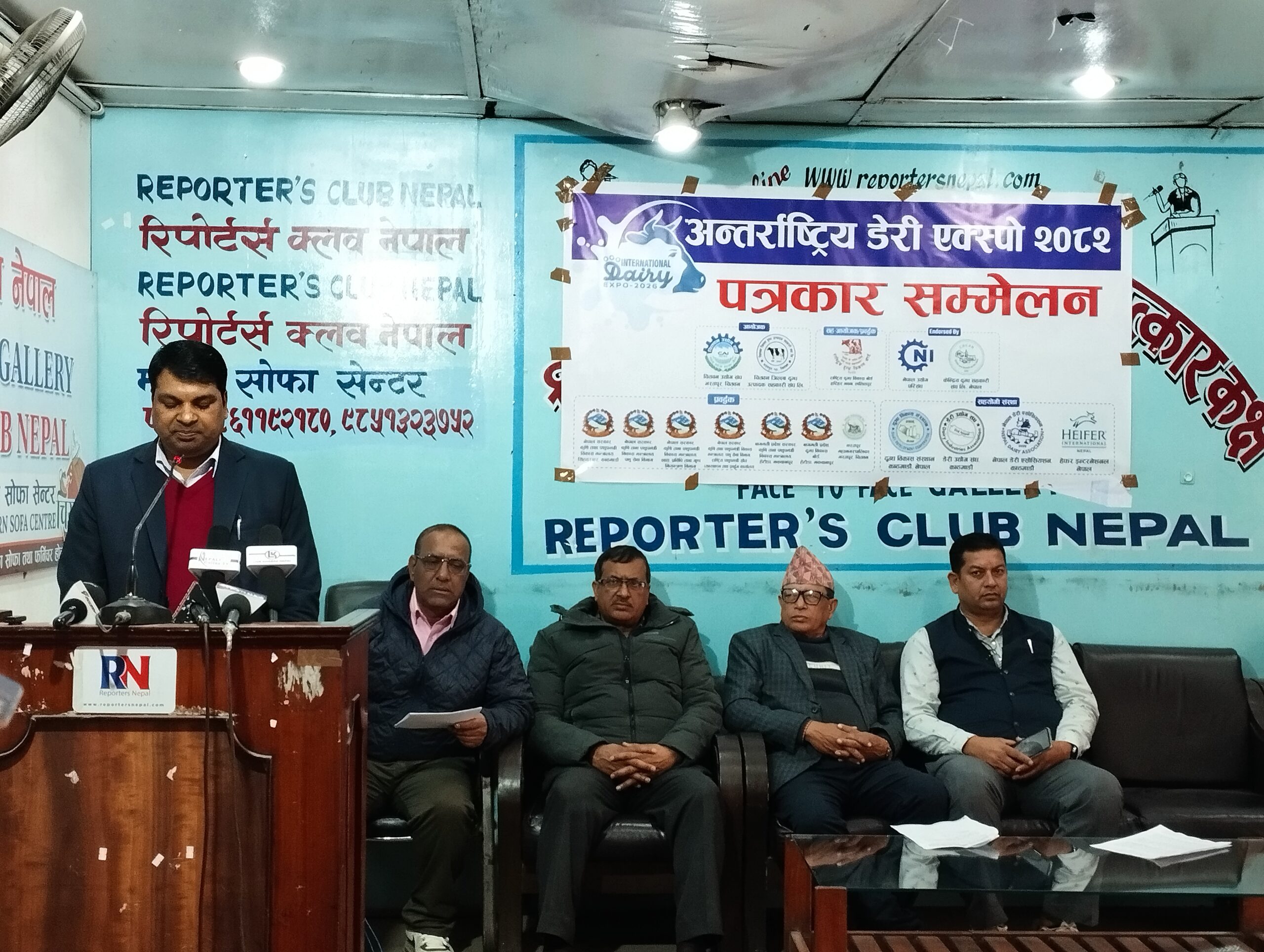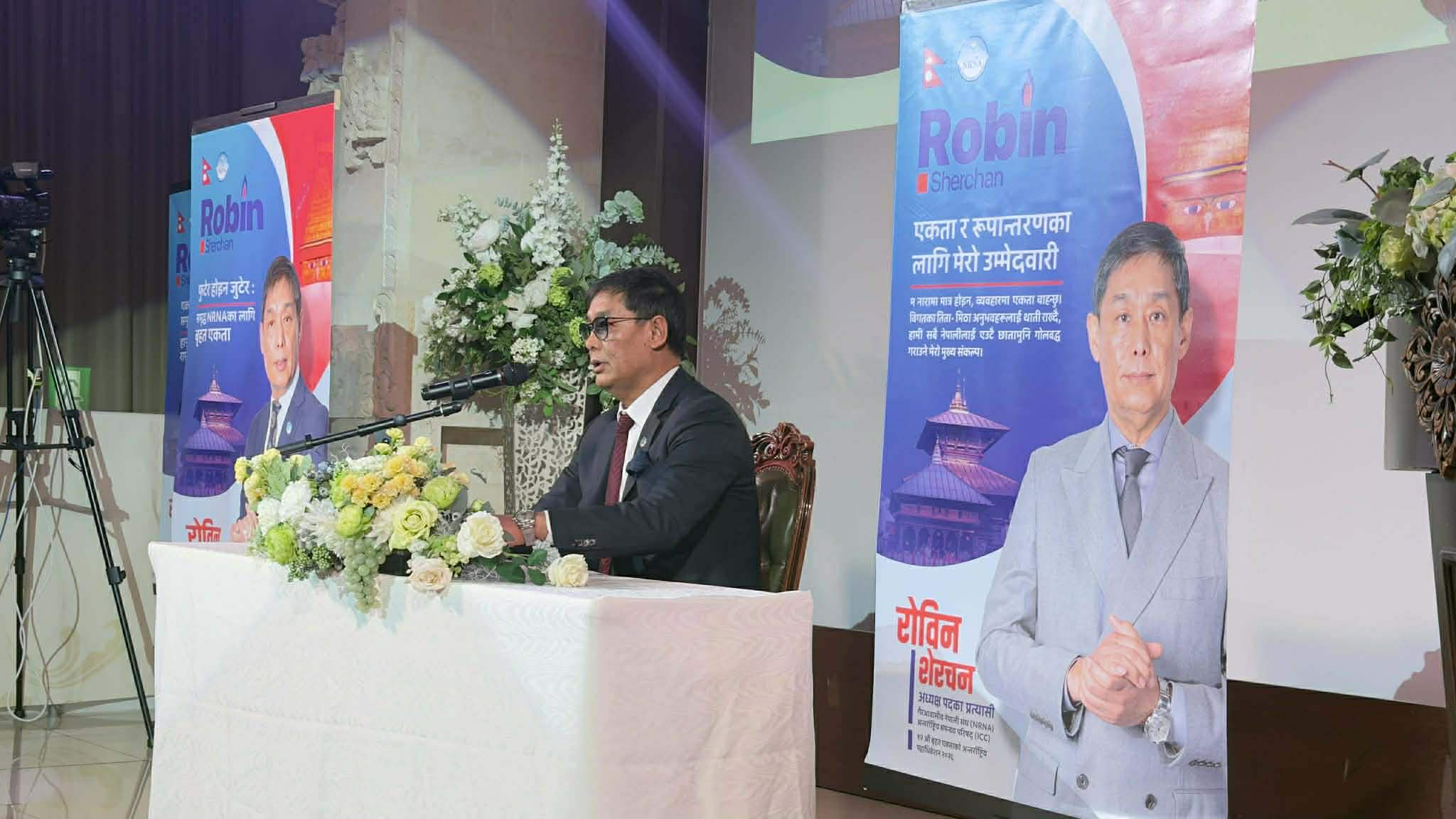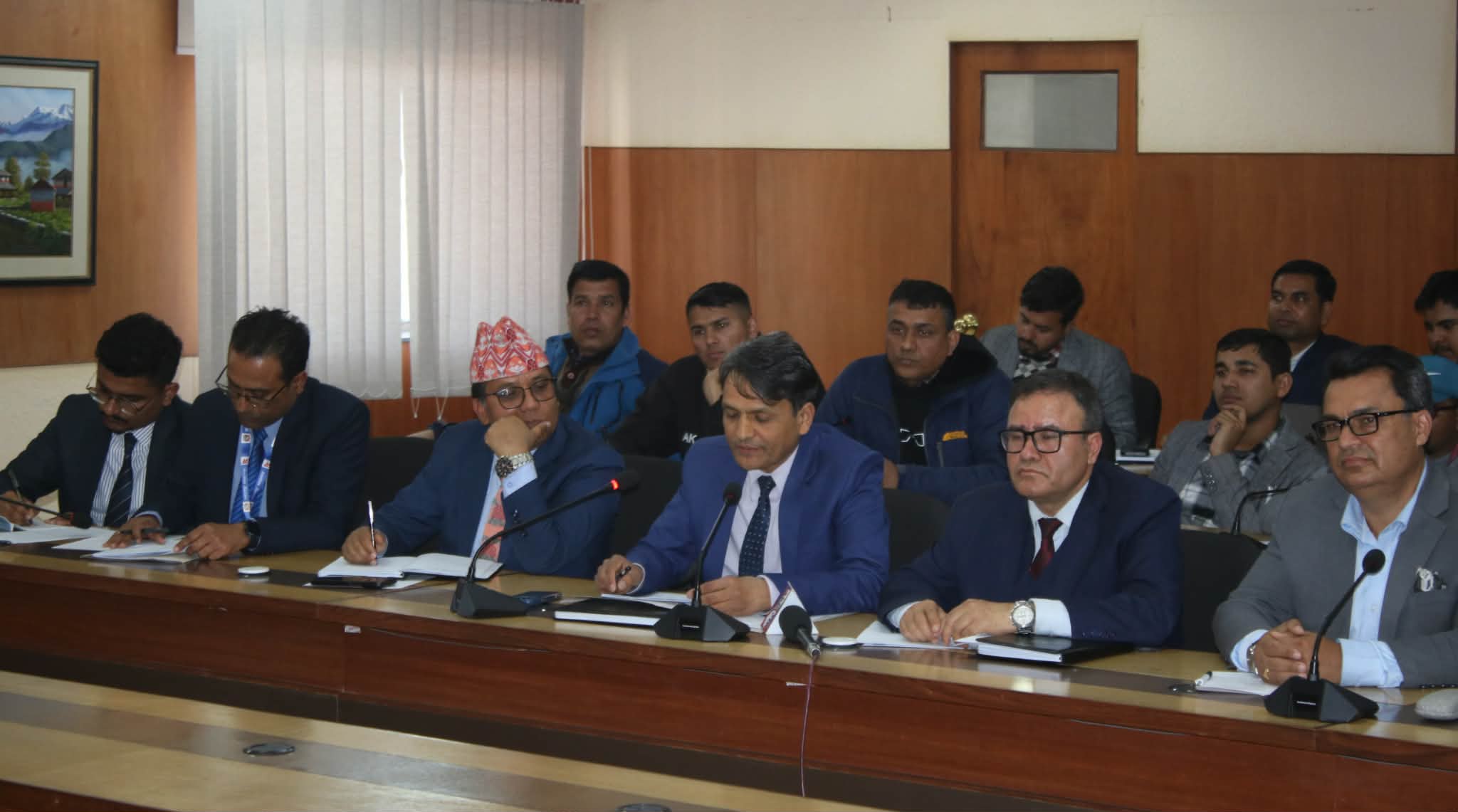KATHMANDU, Nepal-Maize stands as a cornerstone in Nepal's agricultural landscape and dietary habits. Recognized as one of the nation's primary cereal crops, maize takes center stage in USAID's Feed the Future Strategy in Nepal. The inaugural Nepal International Maize Conference serves as a pivotal platform for the Government of Nepal, donors, private sector entities, and agricultural stakeholders to converge, deliberate, and strategize on enhancing the production and commercialization of maize. This initiative aims to bolster Nepal's capacity to meet burgeoning domestic demand, foster competitiveness in the global maize market, and curtail import dependency.
Recently, the "International Conference on Strengthening Maize Value Chain in Nepal" unfolded over two days in Kathmandu on April 3-4, unveiling critical recommendations to fortify Nepal's maize sector. Supported by USAID's Nepal Seed and Fertilizer Project, the event saw participation from prominent bodies including the Ministry of Agriculture and Livestock Development (MOALD), the Department of Agriculture, The National Agriculture Research Council (NARC), the Agriculture Enterprise Center, alongside other key stakeholders.
Dr. Govinda Prasad Sharma, Secretary of the Ministry of Agriculture and Livestock Development, highlighted the pivotal role of the conference in informing policy development, particularly in strengthening the national strategy for maize commercialization.
"Maize holds the potential to yield manifold benefits for farmers, the private sector, and the Government of Nepal, through the development of an efficient market system," remarked Ms. Judith Almodovar, Acting Director of the Economic Growth Office, USAID Nepal.
Elevating the maize sector in Nepal bears significance, as emphasized by Dr. Dyutiman Choudhary, the country representative for the International Maize and Wheat Improvement Center (CIMMYT)in Nepal, who noted a 50 percent increase in earnings for Nepali maize farmers over the past two years.
This pioneering conference, a first of its kind in Nepal, convened experts from India, Bangladesh, and Nepal, representing various facets of the maize value chain, alongside development and government partners. Noteworthy attendees included the Honorable Minister of Agriculture and Livestock Development, Ms. Jwala Kumari Saha, Secretary Govinda Prasad Sharma, senior officials from the Government of Nepal, and national and international experts.
Since 2011, USAID has invested over $181 million into helping Nepalese farmers earn more by growing better crops. USAID continues to partner with MOALD on over $100 million in current activities to help farmers sell their produce easily, increase the amount of crops they grow, and make sure they can handle climate related shocks better.



